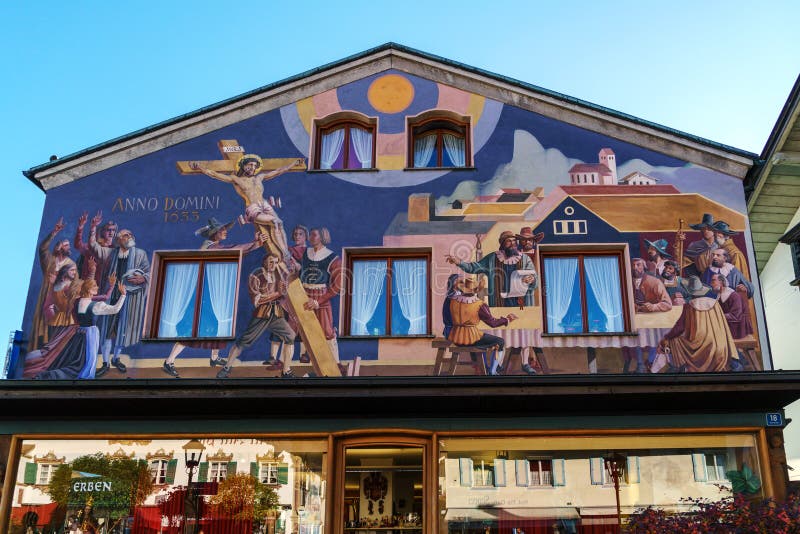
Our ancient ancestors were simply smart in different ways because we only really learn what we have to. If I plucked a human baby from thousands of years ago, properly immunized it to modern diseases, and raised it as any other child today, you would be unable to tell the difference between them or any other child.įact is the only difference between us and our ancient ancestors is the discoveries, philosophies, technology and effort performed, created and understood by the hundreds of generations between us. Our ancestors, starting with nothing but stone tools and basic survival skills, created agriculture, writing, mathematics, standardized language, the wheel, metallurgy, ship building, architecture, trade routes spanning all of afro-eurasia, currency, banking, cross breeding of animals and plants to create better strains, the list goes on. The whole of modern civilization is built on discovers made thousands or tens of thousands of years ago.

They just had different things to worry about and had not discovered everything that we know today. Fact is, humans from even 15,000 years ago were just as intelligent as modern humans (intelligence being the ability to learn and apply knowledge). That people from the past were just less intelligent than modern people.

"History mistakes of the past, also allows us to learn more about the world we live in which helps expand the mind of the average individual." How can we evaluate war if the nation is at peace-unless we use historical materials? How can we understand genius, the influence of technological innovation, or the role that beliefs play in shaping family life, if we don't use what we know about experiences in the past?" An exclusive reliance on current data would needlessly handicap our efforts.

"Understanding the operations of people and societies is difficult, though a number of disciplines make the attempt. "In the first place, history offers a storehouse of information about how people and societies behave," Stearns wrote. Stearns, a professor at George Mason University, where he had been provost for 14 years, said the reason is quite simple: there's much to learn from the bygone days. After all, people live in the present, they plan for and worry about the future, but history is the study of the past. One might think that such talks are of little importance. The 70's were more sexually liberal than the 80's, and you would have to be dumber than a bag of sh*t to not see how much we're backsliding on human rights right now, especially women's rights - and yet people still overwhelmingly cling to the delusion that we're constantly marching ever and ever forward on all of these issues, each day more progressive than the last. Hell, even in living memory none of these claims are accurate.
HAVE A NICE LIFE ANNO DOMINI SKIN
Women in Medieval Europe had more rights than women in 18th century Europe, our concept of racial superiority based on skin color would have come off as insane in many other eras, and I want to tear my hair out every time I hear someone claiming that it would have been scandalous to show an ankle in 19th century Europe. That the further back in time you go the more sexually suppressed everything was or the more racist everyone was or the more misogynistic everyone was - basically any perception that the entirety of history can be charted as a steady progression.


 0 kommentar(er)
0 kommentar(er)
